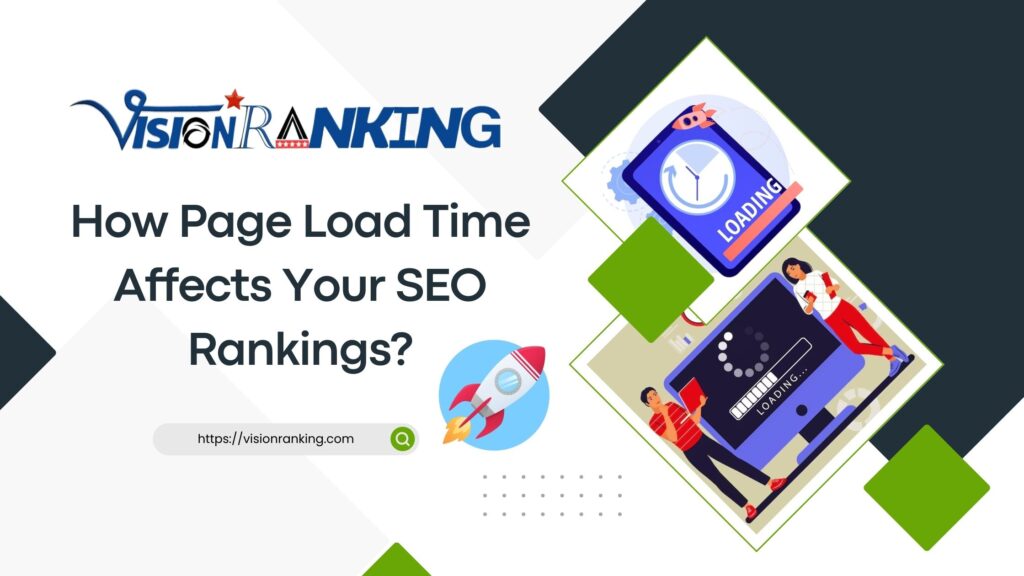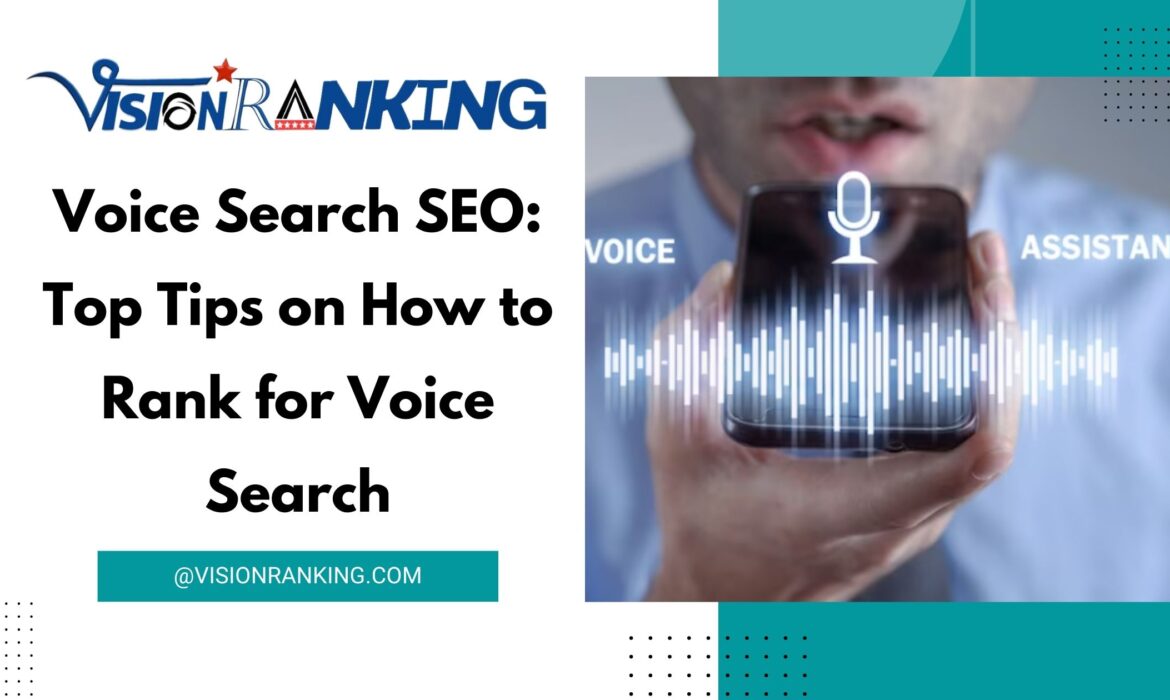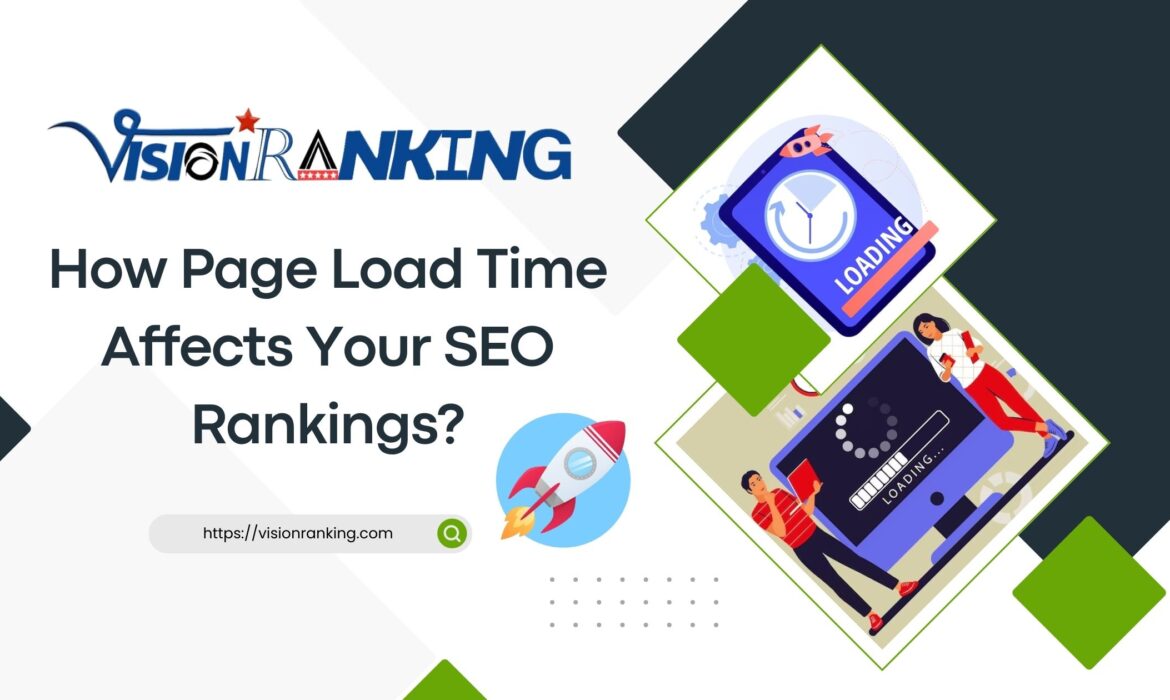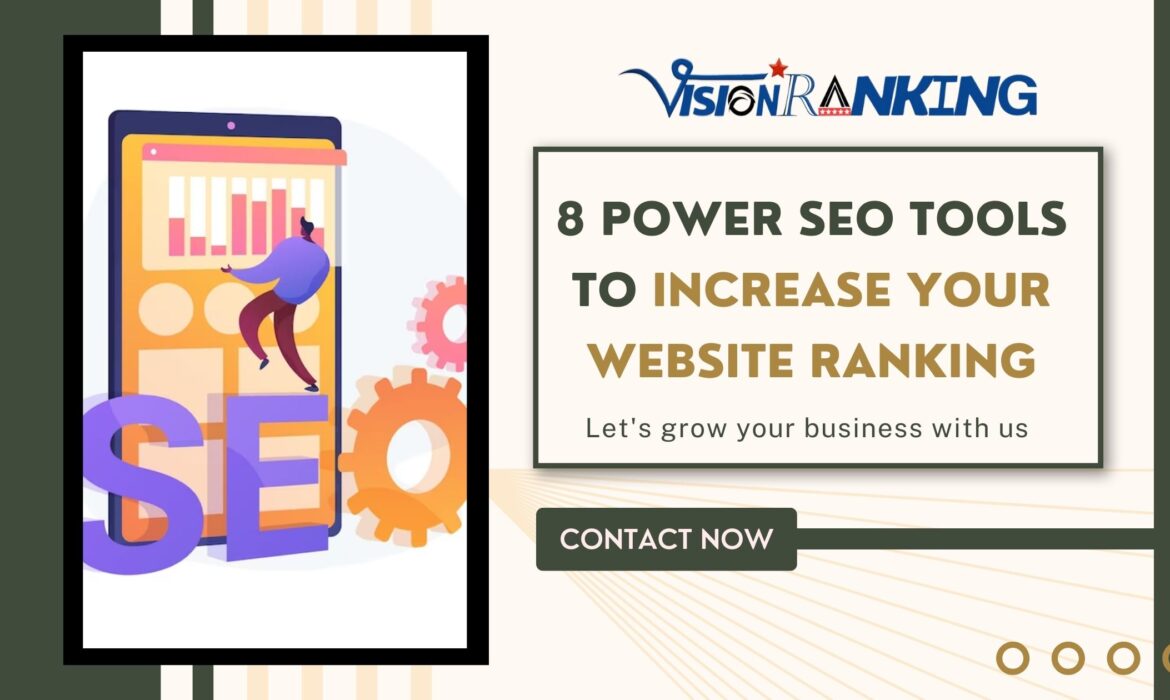Voice Search SEO: Top Tips on How to Rank for Voice Search

Voice search is becoming increasingly popular, with more and more people using their smartphones and smart speakers to search for information online. In fact, a recent study by ComScore found that 41% of US adults now use voice search at least once a month.
This trend has important implications for businesses that want to be visible online. If you want your business to be found by potential customers who are using voice search, you need to optimize your website for voice search SEO.
What is Voice Search SEO?
Voice search SEO is the process of optimizing your website so that it ranks higher in the results pages of voice search assistants like Google Assistant, Siri, and Alexa.
Voice search SEO is different from traditional SEO in a few ways. First, voice search queries are often longer and more conversational than traditional search queries. Second, voice search results are often featured in a different format, such as featured snippets or answer boxes.
Top Tips on How to Rank for Voice Search
Here are some top tips on how to rank for voice search:
- Use natural language. When writing your content, use natural language that is similar to the way people speak. This will help your content to rank higher in voice search results.
- Target long-tail keywords. Voice search queries are often longer and more specific than traditional search queries. When targeting keywords for voice search, focus on long-tail keywords.
- Optimize for featured snippets and answer boxes. Featured snippets and answer boxes are often the first results that voice search assistants return. To optimize for featured snippets and answer boxes, make sure your content is well-structured and easy to read.
- Improve your website’s loading speed. Voice search users often expect to get results quickly. Make sure your website loads quickly, especially on mobile devices.
- Get local citations. Local citations are important for both traditional SEO and voice search SEO. Make sure your business is listed in relevant directories and that your information is accurate and consistent.
How Vision Ranking Can Help You Rank for Voice Search
At Vision Ranking, we can help you to optimize your website for voice search. We have a team of experienced SEO experts who can help you to:
- Conduct keyword research to identify the right voice search keywords to target.
- Optimize your content for natural language and long-tail keywords.
- Optimize your website for featured snippets and answer boxes.
- Improve your website’s loading speed.
- Get local citations for your business.
If you want to rank higher in voice search results, contact Vision Ranking today. We can help you to develop a voice search SEO strategy that will help you to reach your target audience.
Read the more blog: Mobile-First Indexing – What It Means and Best Practices
How Page Load Time Affects Your SEO Rankings?

In today’s digital world, where people have shorter attention spans and are constantly bombarded with information, it is more important than ever for websites to load quickly. A slow-loading website can lead to a poor user experience, which can negatively impact your SEO rankings.
Google has confirmed that page speed is a ranking factor, and studies have shown that websites with faster loading times tend to rank higher in search results. In fact, one study found that a 1-second delay in page load time can lead to a 7% decrease in conversions.
There are a number of factors that can affect a website’s page load time, including:
- The size of the website’s codebase
- The number of images and videos on the website
- The use of plugins and scripts
- The hosting provider
There are a number of things you can do to improve your website’s page load time, including:
- Minifying and compressing your website’s code
- Optimizing your images
- Lazy loading of images and videos
- Caching your website’s resources
- Switching to a faster hosting provider
By following these tips, you can improve your website’s page load time and boost your SEO rankings.
How to Measure Your Website’s Page Load Time
There are a number of tools you can use to measure your website’s page load time, including:
- Google PageSpeed Insights
- Pingdom Tools
- GTmetrix
These tools will give you a detailed report on your website’s performance, including its loading time, performance grade, and recommendations for improvement.
The Impact of Page Load Time on User Experience
A slow-loading website can have a negative impact on user experience in a number of ways, including:
- Increasing the bounce rate
- Reducing the time spent on the website
- Decreasing the number of pages visited
- Increasing the likelihood of users leaving the website before they take any action
A poor user experience can also damage your brand reputation and make it more difficult to attract new customers.
The Cost of Slow Page Load Time
A slow-loading website can also have a financial impact, as it can lead to:
- Lost sales
- Increased customer support costs
- Lower brand awareness
- Reduced employee productivity
The cost of slow page load time can be significant, so it is important to take steps to improve your website’s performance.
How to Improve Your Website’s Page Load Time
There are a number of things you can do to improve your website’s page load time, including:
- Minify and compress your website’s code
- Optimize your images
- Lazy load of images and videos
- Caching your website’s resources
- Switching to a faster hosting provider
By following these tips, you can improve your website’s page load time and boost your SEO rankings.
Conclusion
Page load time is an important factor for SEO, and there are a number of things you can do to improve your website’s performance. By following the tips in this blog post, you can make your website load faster and improve your SEO rankings.
If you need help improving your website’s page load time, contact Vision Ranking today. We can help you identify the areas where your website can be improved and implement the necessary changes to make your website load faster.
8 Power SEO Tools to Increase Your Website Ranking

Search engine optimization (SEO) is the process of optimizing a website so that it ranks higher in search engine results pages (SERPs). This can be a complex and time-consuming process, but it can be very effective in driving traffic to your website. There are a number of different SEO tools available that can help you improve your website’s ranking.
In this blog post, we will discuss 8 of the most powerful SEO tools that you can use to increase your website ranking.
1. Google Search Console
Google Search Console is a free tool that allows you to track the performance of your website in Google Search. You can use Search Console to see which keywords your website is ranking for, how many visitors you are getting from Google, and how your website is performing on mobile devices.
2. Google Analytics
Google Analytics is another free tool that can help you track the performance of your website. Analytics provides you with detailed data on your website’s traffic, including where your visitors are coming from, what pages they are visiting, and how long they are staying on your website.
3. SEMrush
SEMrush is a paid SEO tool that offers a wide range of features, including keyword research, competitor analysis, backlink analysis, and site audits. SEMrush is a powerful tool that can help you improve your website’s ranking in a number of ways.
4. Ahrefs
Ahrefs is another paid SEO tool that offers a similar range of features to SEMrush. Ahrefs is known for its comprehensive backlink analysis tool, which can help you identify high-quality backlink opportunities for your website.
5. Moz
Moz is a freemium SEO tool that offers a range of features, including keyword research, link building, and on-page SEO analysis. Moz is a popular tool among SEO professionals, and it can be a valuable resource for improving your website’s ranking.
6. Screaming Frog
Screaming Frog is a paid SEO tool that allows you to crawl your website and identify technical SEO issues. This can help you identify and fix problems that may be preventing your website from ranking well in search engines.
7. Yoast SEO
Yoast SEO is a freemium WordPress plugin that can help you optimize your website for search engines. Yoast SEO provides you with a number of tools to help you with keyword research, on-page SEO, and title and meta tag optimization.
8. Vision Ranking
Vision Ranking is a custom SEO solution that is designed to help businesses improve their website ranking. Vision Ranking uses a combination of white hat SEO techniques to help you achieve your SEO goals.
Conclusion
These are just a few of the many SEO tools that are available. The best tool for you will depend on your specific needs and budget. However, any of the tools listed above can help you improve your website’s ranking in search engines.
If you are looking for help with SEO, please contact Vision Ranking. We would be happy to discuss your SEO needs and create a custom SEO solution for your business.







